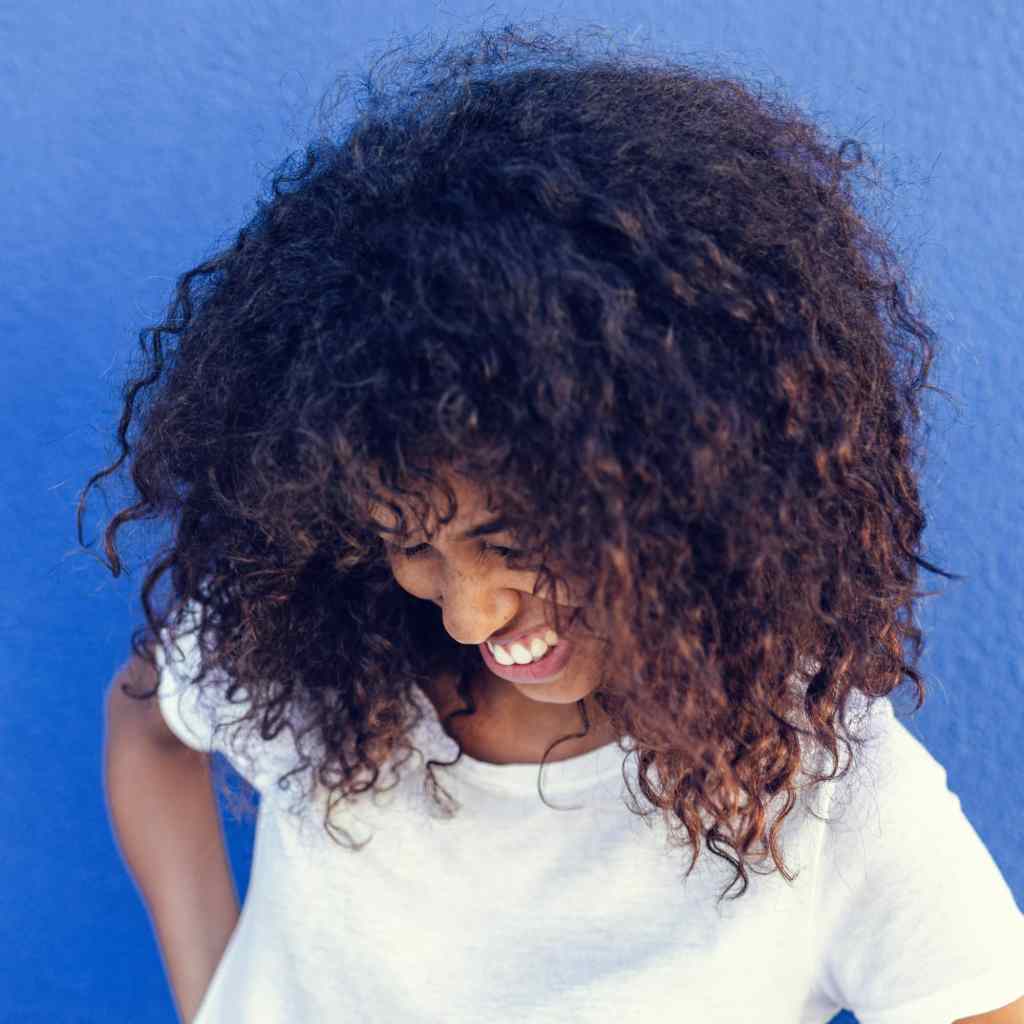When I was 12 years old, I would stuff my jeans with clothes to make my butt look bigger. I was a Black girl without a curve in her back, and constantly shamed for it. It was like the people around me couldn’t understand how I could be a Black girl and not have curves in all the right places. As a result, I wasted many years hating the body I was in. I hoped a day would come that I would have a body white men would objectify and Black men would celebrate.
The only women I felt remotely represented me in the media growing up were the likes of Tyra Banks, Meagan Good, and Naomi Campbell. However, despite them being Black, I really didn’t feel like they represented the awkward-looking Black girl that I was. Times have changed since I was a teenager, and now there’s a greater representation of women of color in the media. You have women that are different shades of black and have diverse body types, like Issa Rae, Lizzo, and Lupita Nyong’o. Even though we still have a long way to go, it feels good to see more women who look like me on billboards and in films. It is also a reminder that Black women come in different sizes and shades, and that we don’t all have big boobs, hips, and butts.
So, how did I learn to love my body as a Black girl? I deleted the images and ideas I had in my head about what a perfect body looks like. Who cares if I have hyperpigmentation and you can see my body has different tones when I wear a swimsuit? And why should I be ashamed that my breasts aren’t as voluptuous as the women in Playboy magazines? Every day I had a date with the mirror, looked long and hard at my body, and accepted that this is the only one I will get. Next, I decided to create my own standard for my body instead of aspiring to the standards created for me. The only body I would compete with was my own, and the goal was to make it as healthy as possible.
I have to love my body not because the world celebrates it, but because despite its imperfections, it is worth loving.
Last year, I began working out so I could drop the baby weight I gained during my first pregnancy. However, I resolved to let my desire to be healthy be a greater motivation than the pressure to be a part of the “snap back” community. While I was loving the slightly bigger hips, thighs, and booty that came along with having a baby, I wanted to get rid of some extra “rolls” on each side of my back.
Funny enough, an infected appendix zapped the weight off my body faster than my morning workouts did. I remember standing in front of the mirror in the hospital bathroom disgusted because I was now a lean Black girl again, and the media told me that wasn’t desirable. The almost fully formed hips pregnancy gave me disappeared. I dropped two dress sizes, and the milk dried from my breasts, leaving them somewhat saggy. At first, it bothered me, and the shady comments from my family didn’t help either.
Related: No Matter Your Age, Michelle Obama's Body-Image Advice Is on Point and Refreshing
So that it didn’t get me down, I reminded myself that during my lifetime, my body would change many times. It was my responsibility to accept and embrace every version, whether slim or curvy. I have to love my body not because the world celebrates it, but because despite its imperfections, it is worth loving. Now, instead of obsessing about whether my body is desirable to other people, I strive to ensure it is first desired by me. I wear it with pride and celebrate its differences instead of seeing them as shortcomings.
Instead of looking to celebrities and the media to make Black women feel good about our bodies, we should start by celebrating ourselves. This means not body shaming one another, especially for being born with Black bodies and features. I make a note to celebrate Black women of all shapes, shades, and sizes, be it on Instagram or in the middle of a mall. We already face enough challenges with self-love because of the color of our skin, so why create any more?
Black women deserve to wear their bodies with pride. We have a unique beauty, and beyond our bodies, we are so much more. We have infectious personalities and innovative minds, and just as we are, with no alterations, we are enough.

